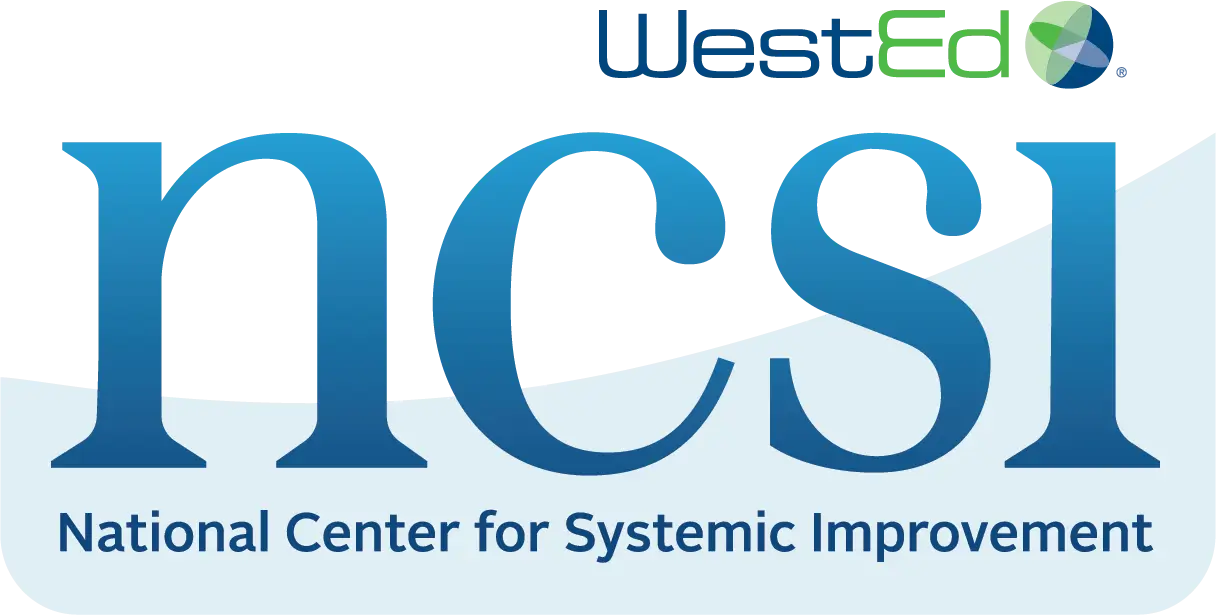by Jennifer Pierce, Ph.D., AIR
Document ToolLike any other educational innovation, the coaching of teachers must be used with fidelity in order to achieve its intended outcomes. Although fidelity is often thought of as adherence to the “key ingredients” of the innovation, it also includes aspects such as quality, responsiveness of the participants (e.g., coach responsiveness to teacher needs), and dose.
This means that fidelity in coaching should continuously adhere to the effective practices of observation, modeling, delivery of performance feedback, and use of alliance-building strategies.
Furthermore, coaching should occur with sufficient frequency and duration, ensure that teachers are engaged with the coaching session such that their needs are being met, and be of high quality. This tool can be used to help measure the fidelity of coaching so that these data can be used by coaches and other educators to continuously improve upon how coaching occurs. However, this tool should not be used to formally evaluate coaching practice or used in a manner that is not supportive of educators serving in the role of coach. In addition, this tool is intended to be used in conjunction with several other NCSI coaching resources found on the website.

